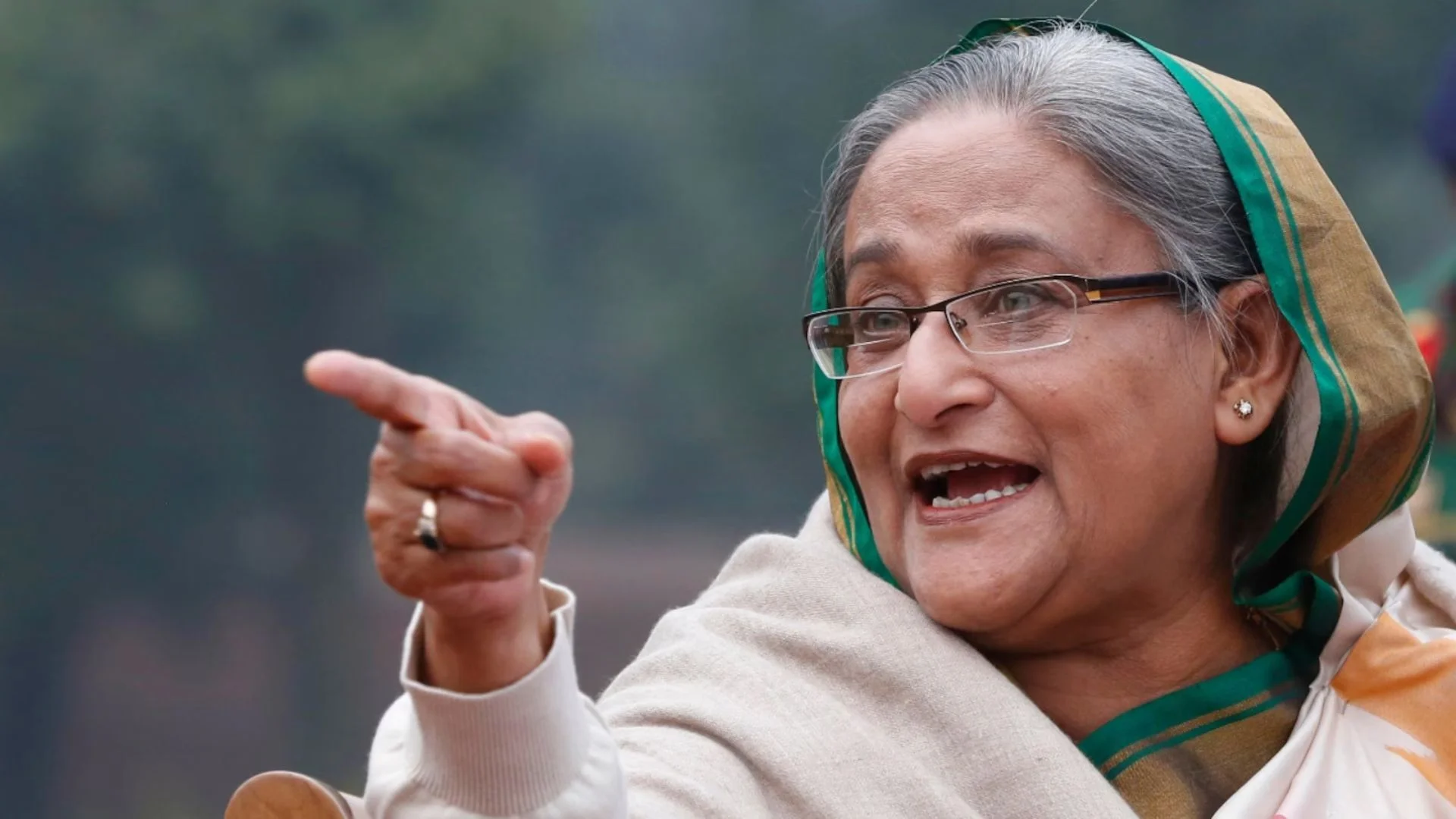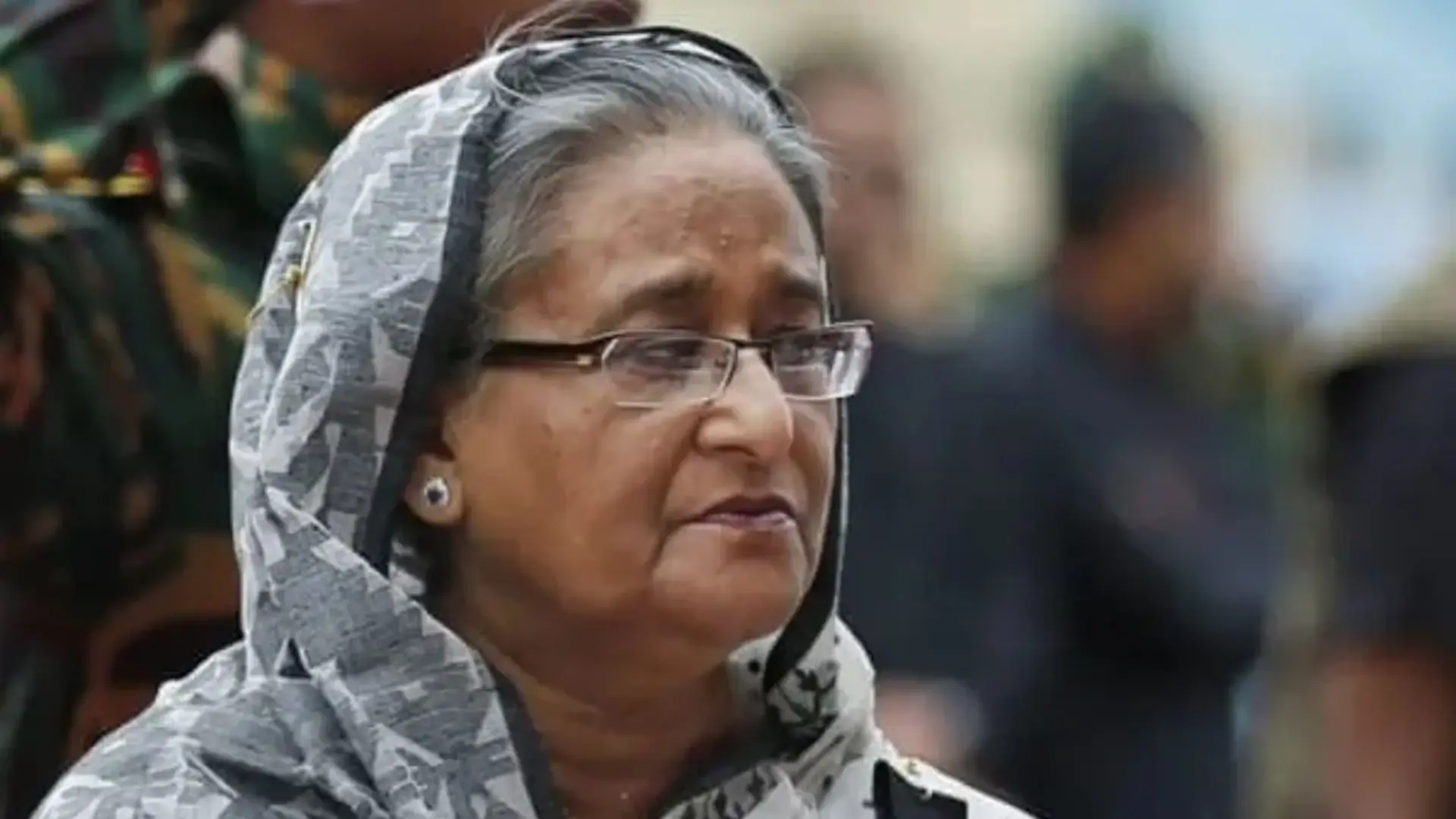Allegations Against US Involvement
Former Bangladesh Prime Minister Sheikh Hasina has spoken out following her recent resignation and departure to India, suggesting that the United States played a role in her removal from power. Hasina, who resigned on August 5 amidst escalating protests, claimed that she could have stayed in office if she had agreed to surrender the sovereignty of Saint Martin’s Island to the US and allowed American influence in the Bay of Bengal. “I resigned to avoid further violence. They aimed to seize power over the dead bodies of students, but I prevented that by resigning,” Hasina stated.
Strategic Importance of Saint Martin’s Island
Saint Martin’s Island, Bangladesh’s only coral island, holds significant strategic value due to its location in the Bay of Bengal. The small island, known for its natural beauty and marine life, has been the subject of territorial disputes between Bangladesh and Myanmar. The International Tribunal for the Law of the Sea ruled in 2012 that the island is part of Bangladesh’s territory, but tensions resurfaced in 2018 when Myanmar mistakenly claimed the island in an updated map.
Protests and Hasina’s Departure
Hasina’s resignation followed intense student protests demanding an end to the controversial quota system for government jobs. The protests, which began in mid-July, escalated into widespread violence, resulting in over 560 deaths, including 230 following her resignation. Fearing for her safety, Hasina fled to India and is currently in a secure location. An interim government led by Nobel laureate Muhammad Yunus has been established to oversee the transition and prepare for early elections.
Growing Regional Tensions and Strategic Alliances
Hasina’s allegations also highlight the broader geopolitical tensions in the region, particularly involving China, India, and the US Bangladesh has been a key partner in China’s Belt and Road Initiative (BRI), a project that has raised concerns in India and the US over China’s expanding influence in the Indian Ocean. In response, the US has bolstered its Indo-Pacific strategy, with India as a critical ally, and has engaged in strategic measures like the Quadrilateral Security Dialogue (QUAD) and the Malabar naval exercises. Hasina’s statements bring renewed attention to the complex dynamics between these major powers and their interests in the region.











